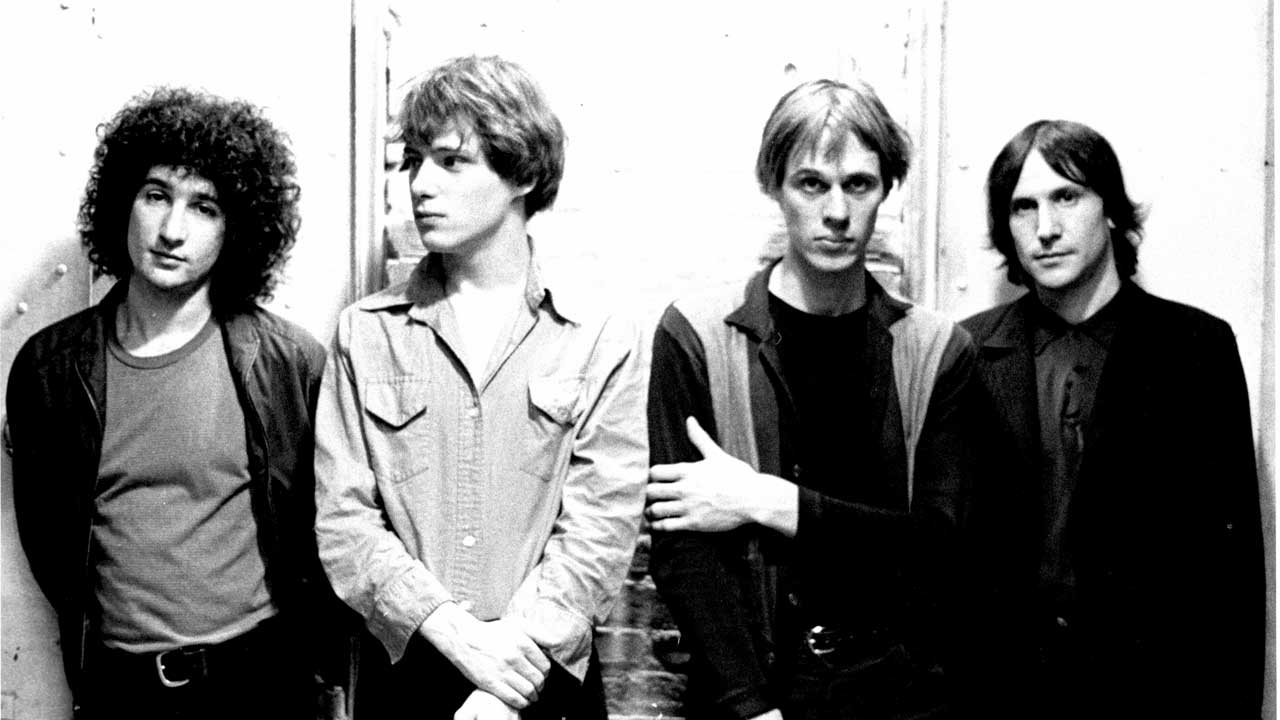Crushed by an avalanche of critical superlatives at the time of its original release in 1977, it is not too unreasonable to suggest that you may well have chosen to avoid Television’s Marquee Moon like the plague.
As you no doubt recall, 1977 was a most extraordinary time for rock music – as indeed it was for its self-appointed tastemakers and cultural commentators. Consequently, in a desperate attempt not to appear outré in the brave new world of punk rock, hack record reviewers would routinely praise to the skies almost anything even slightly avant garde or jarring that fell within their earshot, just in case a moment of loose-lipped nay-saying should forever condemn them to the irrelevant back benches of boring old fartdom.
Many, relatively conservative, rock’n’roll traditionalists therefore completely overlooked Marquee Moon, simply judging it to be the latest insubstantial, flavour-of-the-month bauble with which the inky music press were planning to accessorise the ephemeral emperor’s new clothes of the punk scene. Which is a great shame, because Television’s extraordinary debut album casually transcends both hype and generic pigeon-holing. In fact it is arguably one of the finest recordings of all time.
First of all, except for a degree of nihilistic lyrical concision and regular trips to the barbers, there was absolutely nothing remotely punk about Television. Similarly, the only reason they were ever earmarked as a new-wave band was by sheer temporal accident.
In essence, Television were as unique as they were timeless. Dual guitarists Richard Lloyd and the late Tom Verlaine seemed to have successfully unlearned everything received wisdom and rock’n’roll convention would have had them believe of their chosen instrument’s possibilities.
Consequently there were no overwrought and overdriven blues scales condemning Marquee Moon into the arena of the commonplace and passé; instead there were captivating, almost geometric guitar figures that, while spiky, angular and inherently disciplined, routinely elevated the listener toward hitherto uncharted emotional terrain.
It was challenging, unexpected stuff; its mathematic construct should, in theory, have been cold and clinical. But, aided and abetted by the tortured desperation of Verlaine’s extraordinary voice, the Television sound soared with a warmth and passion that has possibly never been satisfactorily matched.
You don’t simply buy Marquee Moon, you invest in it. And it gives remarkable interest. Every time you listen to it you discover yet another facet.
No greater recording has ever come out of New York City.

